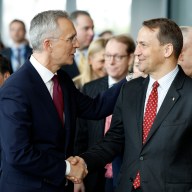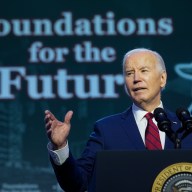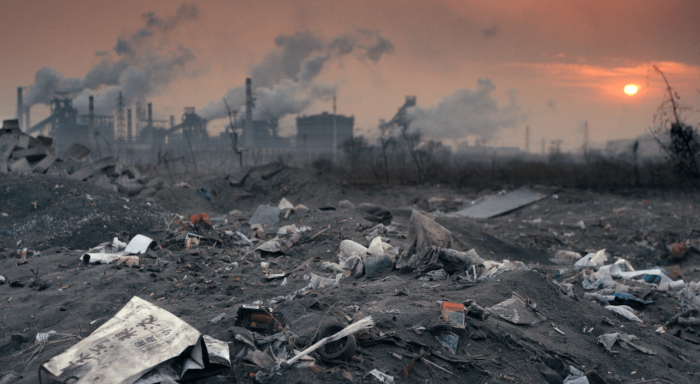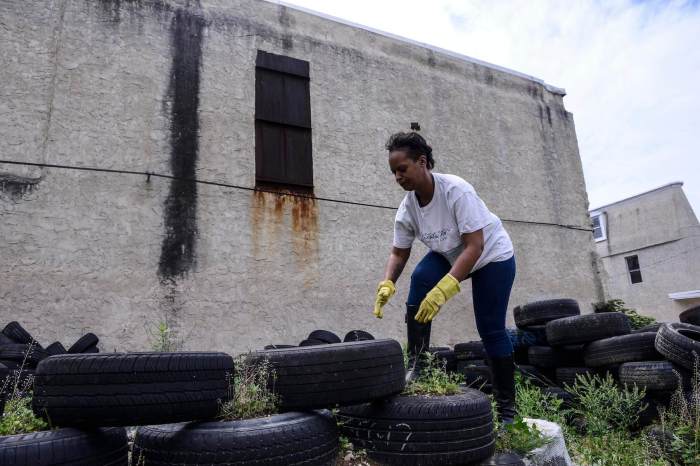In honor of Earth Day, Metro sat down with former Mayor Mike Bloomberg to talk about climate change. Bloomberg serves as the UN Secretary-General’s Special Envoy for Cities and Climate Change, and is part of a group of business and policy leaders who have commissioned studies to help businesses prepare for rising tides and unexpected droughts, called the Risky Business Project. Metro:Last fall, hundreds of thousands of activists came to New York City ahead of the UN Climate Summit. How does your philanthropic work with climate change and business fit in?What should activists and young people be concerned about in terms of business? Mayor Michael Bloomberg: I think you need to work for a company that takes their employees and the world their employees live in seriously and tries to make it better. I think companies are there to make profits for the investors but they also have a responsibility to the cities and the places they do business, where their customers are and also where their employees live, so being environmentally responsible is one of the things. I think companies that don’t plan for the future, worrying about the potential risks make a mistake, they jeopardize the investment of their stakeholders and the jobs of their employees and the services they provide to their customers. You can’t prevent everything, you can’t protect against everything. But if you, for example, have your building by the beach or the low-lying areas, common sense says you should think about what would happen in the case of a storm or flood. You could move, you could build a stronger elevated insurance structure, you could take out an insurance policy, there are things you can do. But companies that are forward thinking think about the environment. Metro: What’s one thing New York City should be doing right now to make it sustainable that it’s not?
Bloomberg: You want the cities to encourage, or at least inform, their citizens, as to what is in their own interests. I don’t think it’s government’s job to tell you what to do, but I do think it is government’s job to use the best science and knowledge that is available and tell you things that the government thinks are in your own best interest, and then to let you make that decision. If you want to let it flood out every few years, that’s on you. Breezy Point, this woman said her family’s been flooded out seven times, they want to live there, it’s just the cost of doing business, but they don’t want to raise their house. There was a movement to raise houses, I don’t know how many houses were raised, my sense is very few. At least telling people, look, there’s a good chance there’s going to be another flood, percentages have been going up, we can get into an argument on what causes it, long-term, short-term, man-made, natural, the fact of the matter is the oceans are warmer, and seem to be getting warmer, which should lead to more frequent and stronger storms, and a change in weather patterns so places that used to have a lot of rain are now getting less, places that didn’t have a lot of rain are now getting more. Metro: There’s been protests by workers and calls from elected officials to raise the minimum wage in New York State. Does this make business-sense? Bloomberg: I have always thought that raising the minimum wage is not an intelligent policy, raising the earned income tax credit is an intelligent policy. In both cases you have to work, these are not welfare programs, the difference is in the case of the earned income tax credit everybody gets it, and it’s paid for by everybody. In the case of a minimum wage, it’s a small number of people that get it, and it’s paid for by a few people who have an incentive to cut back their employment. You don’t know how much it hurts job creation, or retention with the minimum wage, but it clearly has some effect. Somebody is going to say, ‘I don’t want to pay that, knock it back.’ Where as with the earned income tax credit, nobody runs the risk of that, if anything, small companies are likely to hire more people and have better access to employment, to the workforce. It’s good politics to say I want to raise the minimum wage, but it’s lousy economics. I don’t know how much it hurts people, but it hurts them more than the earned-income tax credit would by definition — the earned-income tax credit hurts nobody and arguably helps some people increase their employment. If the minimum wage doesn’t increase, it certainly hurts, it’s just an argument of how much. (This interview has been edited for space.)


















